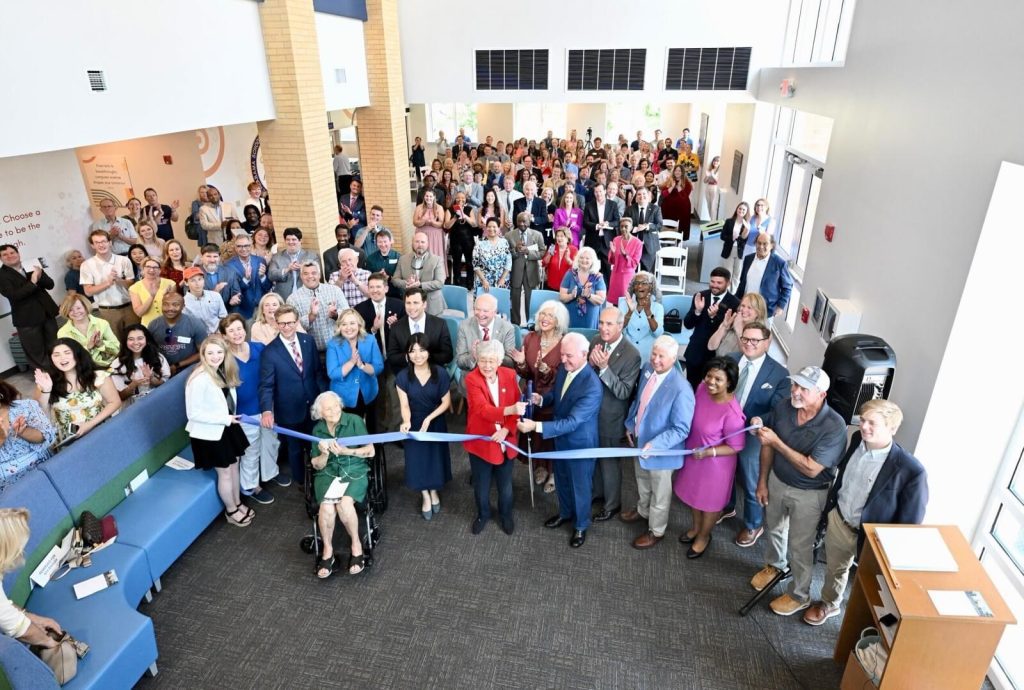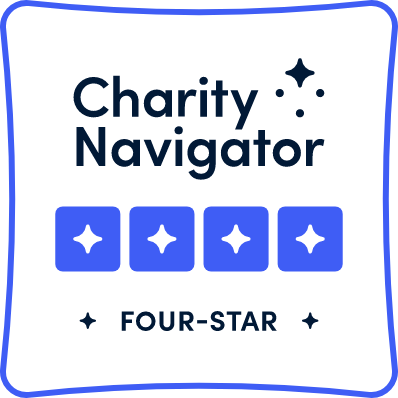It was E.O. Wilson’s hope that students everywhere be empowered to experience what he did in his life; to use his life as an example of what they themselves can do, and to hopefully be exposed to the same generosity of spirit that enabled him to tread a path that became an extraordinary relationship with all of life.


On Friday, June 14, the Alabama School of Mathematics and Science (ASMS) held a ribbon-cutting ceremony for the Edward O. Wilson Science Research Center, a state-of-the-art facility and the first of its kind among high schools in Alabama.
The Wilson Science Research Center is designed to advance STEM learning and support college-level research projects for a passionate student body that represents all 67 Alabama counties. It is situated in Mobile, where a young E.O. Wilson fell discovered the first nonnative fire ant colony in the U.S. and began his remarkable journey as an entomologist, biologist, naturalist, writer, and educator.
It was E.O. Wilson’s sense that the best way to teach is to teach through one’s own life—through their own experience, which could become a shared one. He was extraordinarily honored and proud to learn that the science research center would be named for him, and he would have loved to be there.
The E.O. Wilson Biodiversity Foundation is honored by this tribute, no less CEO Paula J. Ehrlich. She adds, “I imagine [E.O. Wilson] would smile down with a little twinkle in his eye on the festivities here today, because what each and every one of you is creating through this new research center is something he cared about so very much.”
About the E.O. Wilson Biodiversity Foundation
The E.O. Wilson Biodiversity Foundation’s mission is to reimagine the way we care for our planet. The Foundation’s major initiative, the Half-Earth Project, is working to inspire informed collective action to save the biosphere. Visit www.eowilsonfoundation.org to learn more.
Media Contacts:
E.O. Wilson Biodiversity Foundation
Niquole Esters
Vice President of Strategic Engagement
nesters@eowilsonfoundation.org
(510) 631-7571

